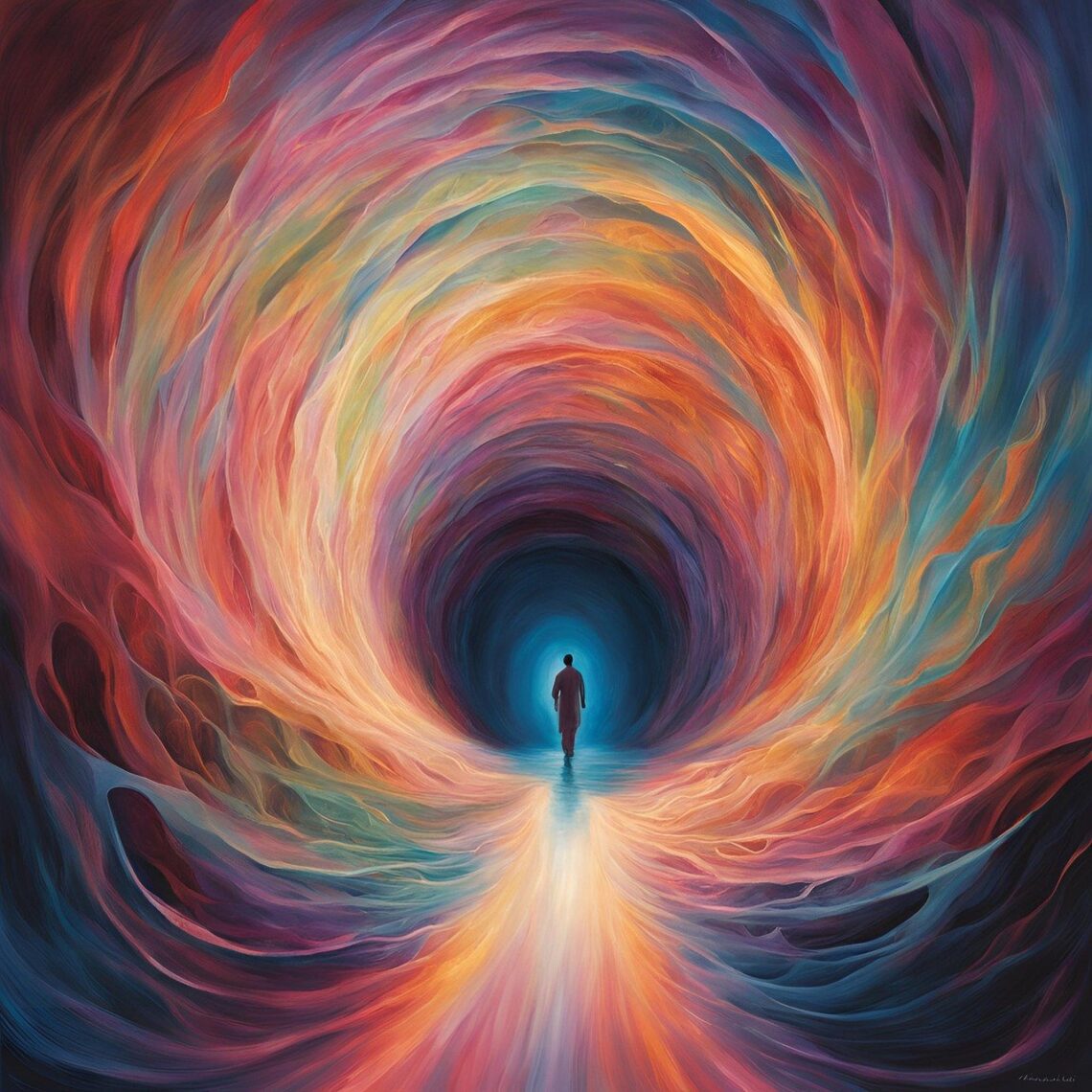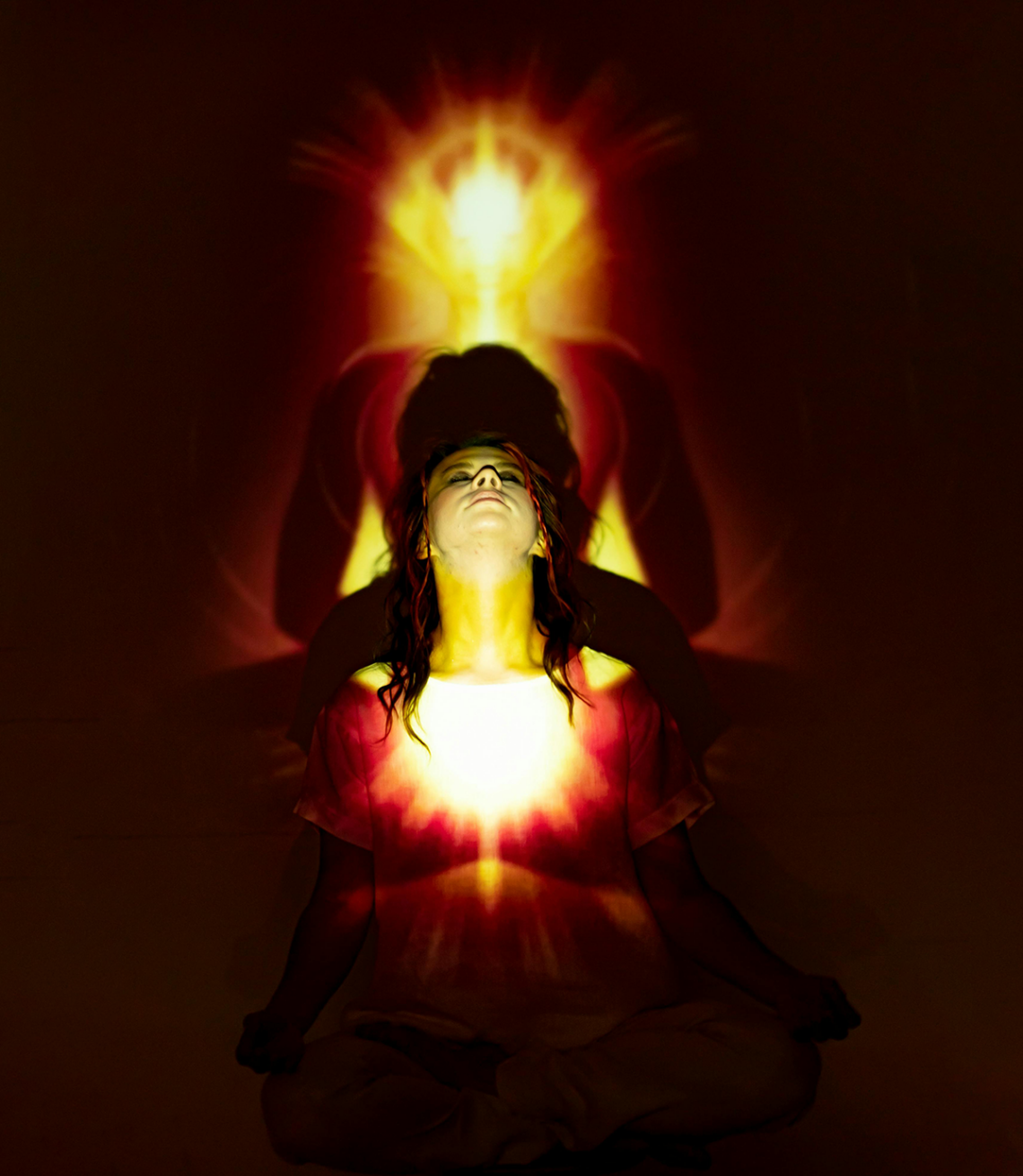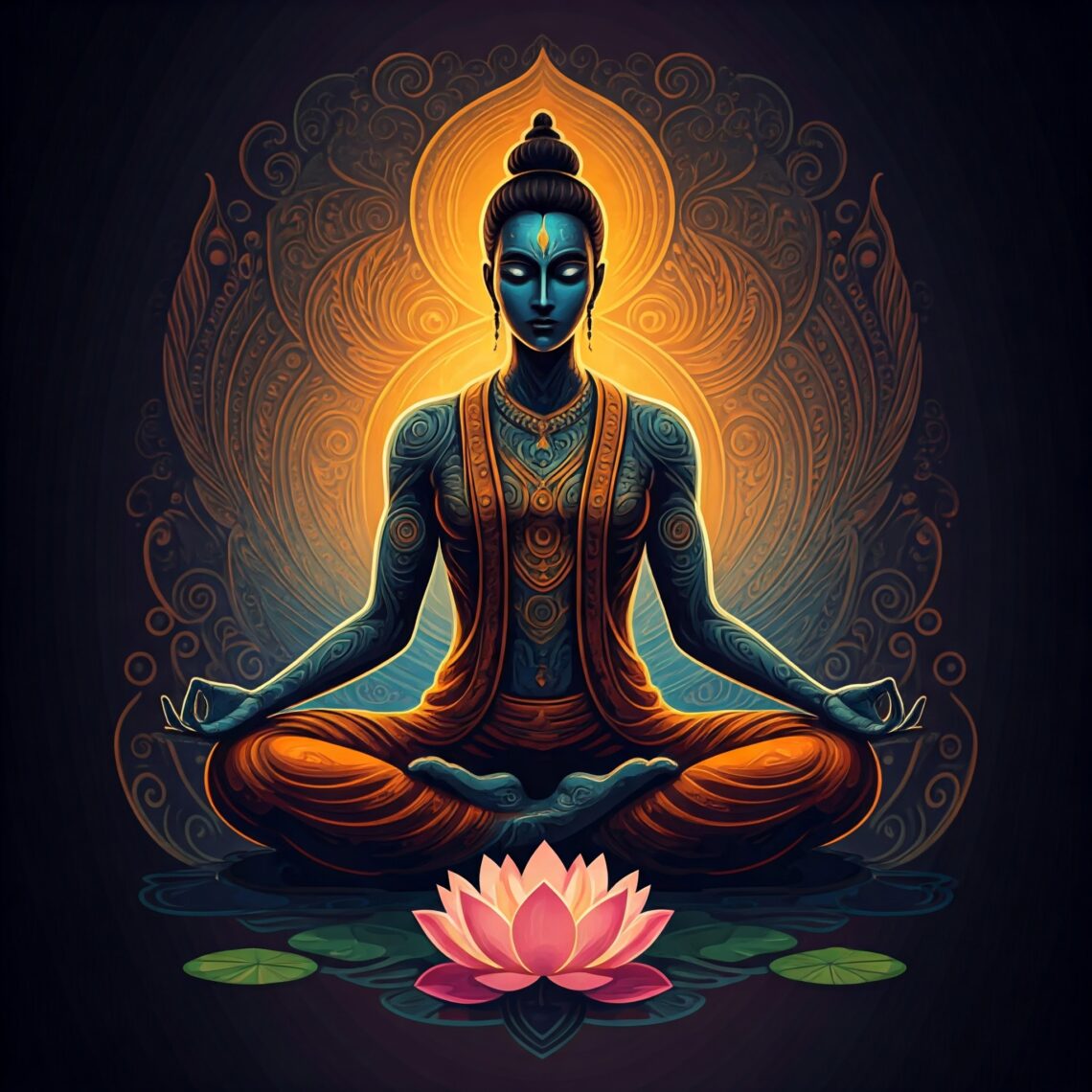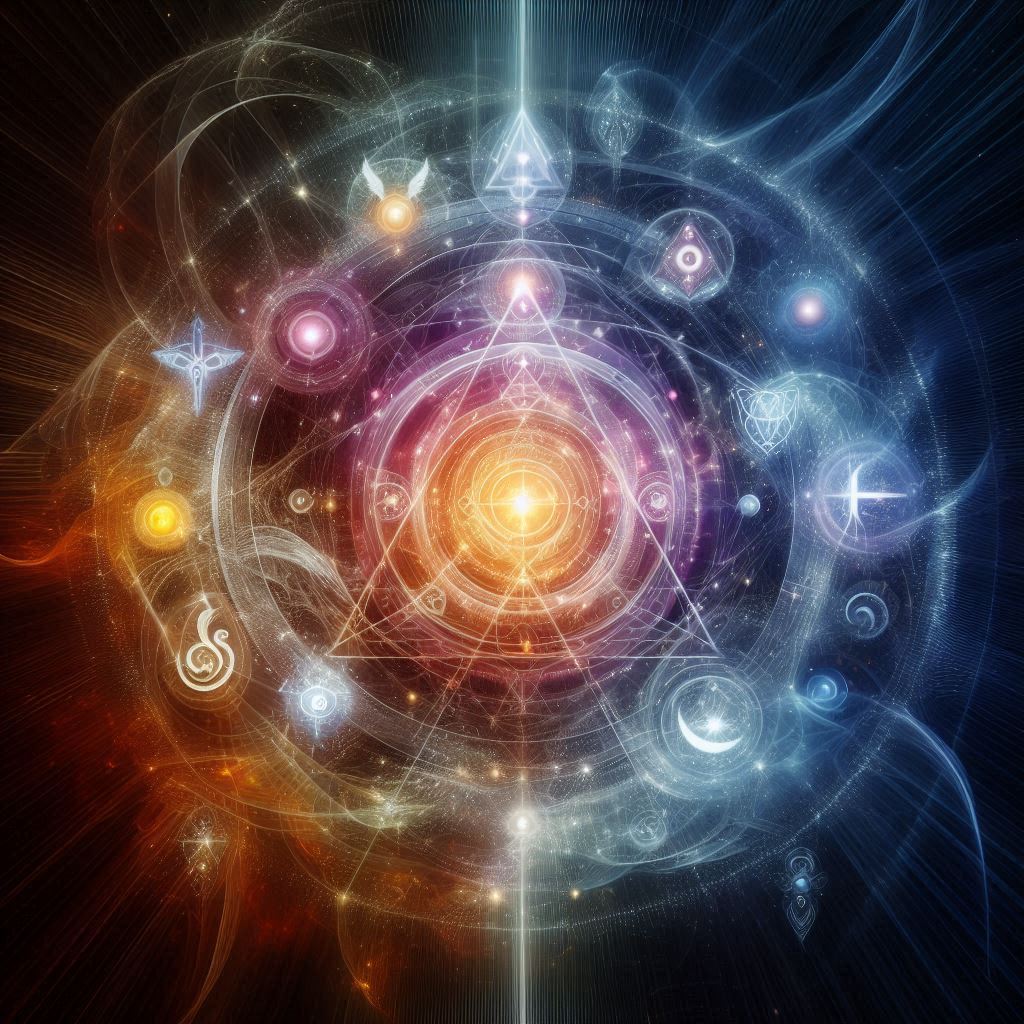
Aiming for Eternal Bliss through Inner Peace and Equanimity: A Spiritual Journey
An oft-general fallacy is to take Bliss and Happiness as synonyms. Perception-wise, the highest degree of happiness is taken to be Bliss. However, it is to be understood that happiness of whatever degree is an aspect of this mundane world, while Bliss is an aspect of the Supreme Lord in Supreme Heaven (Paramdham/Arse Ajeem).






